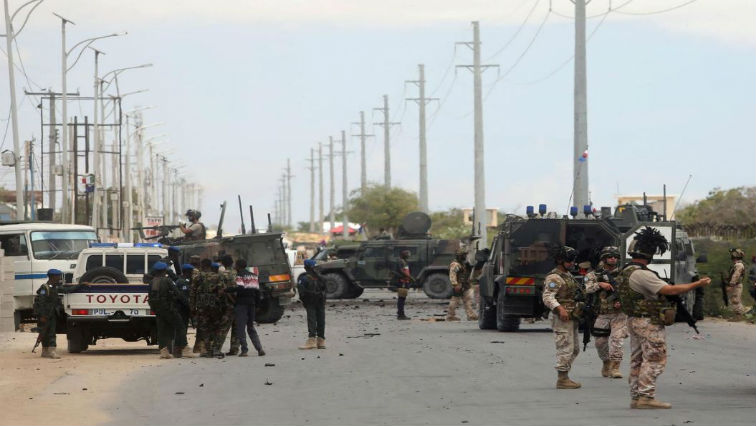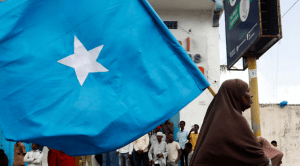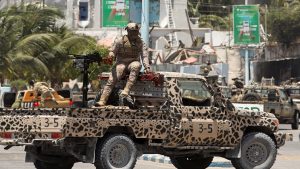Though long-standing restrictions on the importation of weapons have largely prevented their flow into the hands of Somali Islamist group, al Shabaab, those measures need to be updated to better the reflect reality on the ground, the head of the Security Council’s Somalia Sanctions Committee has said.
Belgian UN Ambassador, Marc Pecsteen de Buytswerve, who was briefing the Security Council, noted that Somalia is on a positive trajectory with key achievements on the political, economic, humanitarian and security fronts.
But the envoy said the country remains vulnerable to climatic shocks and escalating conflict, while inconsistent funding continues to challenge the delivery of humanitarian assistance.
“Noting that the current political and security context in Somalia was vastly different from when the embargo was first instituted in 1992, Coordinator of the Panel of Experts stated that it was clear to the Panel that the embargo must be streamlined, simplified, and updated to reflect the current realities of counter-insurgency in Somalia,” said Buytswerve.
Regarding the ban on Somalia’s import and export of charcoal, Buytswerve said it is clear that al Shabaab no longer derives significant revenue from the trade, and that the Global Maritime Crime Programme, were working on efforts to disrupt the charcoal trade into and out of Somalia.
“Charcoal production funds al Shabaab but it is not a critical vulnerability to the group’s funding; and that investigations into the charcoal trade reveal strong connections between al Shabaab and transnational organized crime syndicates, with the criminal activities covering the smuggling of persons, narcotics and their chemical precursors, weapons, sugar, tobacco and bomb-making components.”
The Security Council in 1992 decided, that all States shall, for the purposes of establishing peace and stability in Somalia, implement a general and complete embargo on all deliveries of weapons and military equipment to Somalia until the Council decides otherwise.






